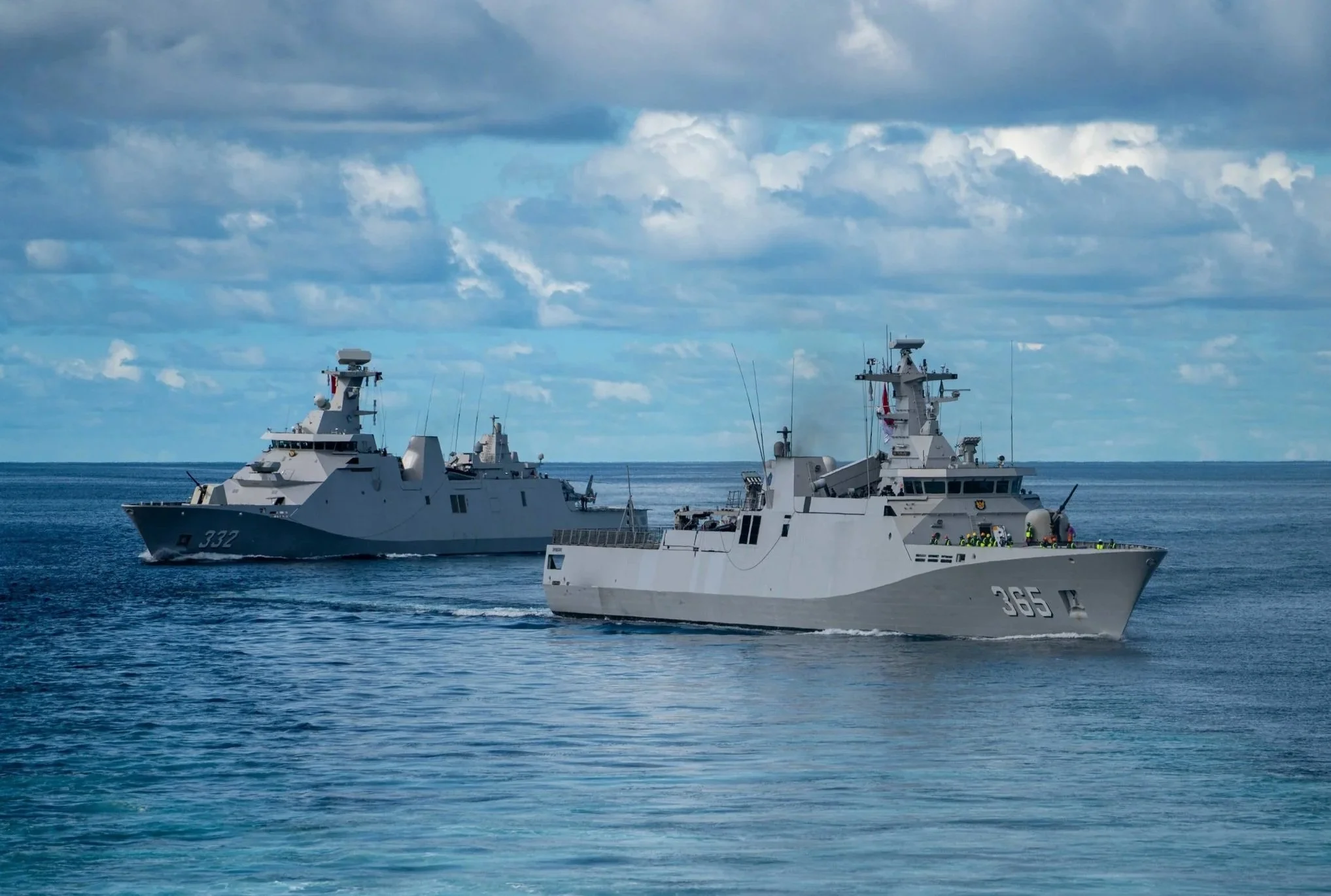Written by Aristyo Rizka Darmawan and John Bradford
Ratification of the EEZ agreement provides a good opportunity for Indonesia to clarify its position by denying the validity of China’s Nine-Dash Line claim while simultaneously preserving its interests and advancing good relations with an important neighbour.
Read More





